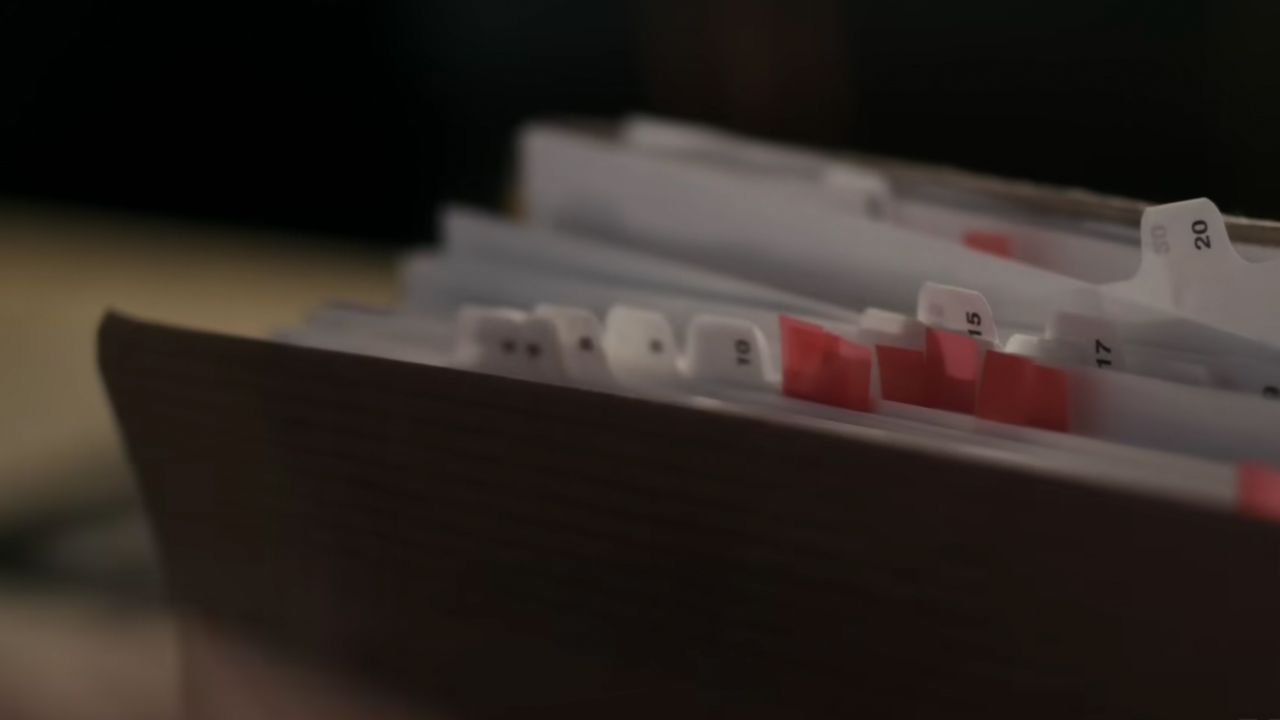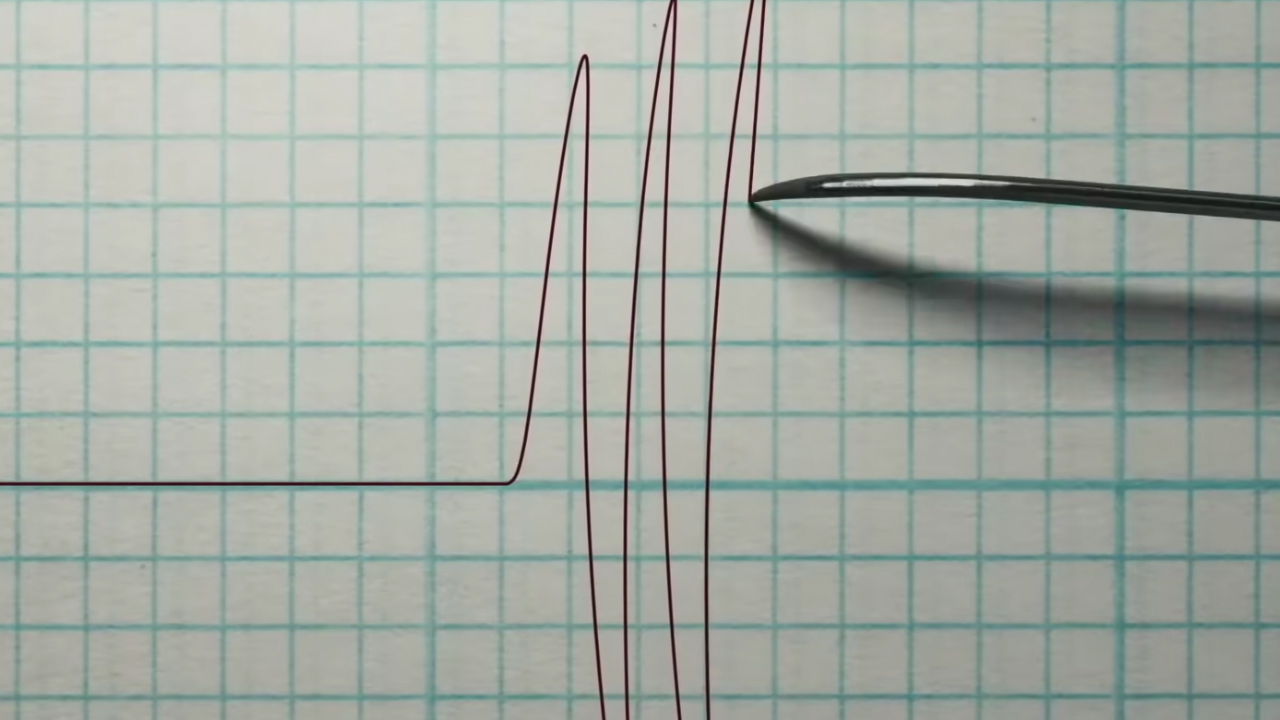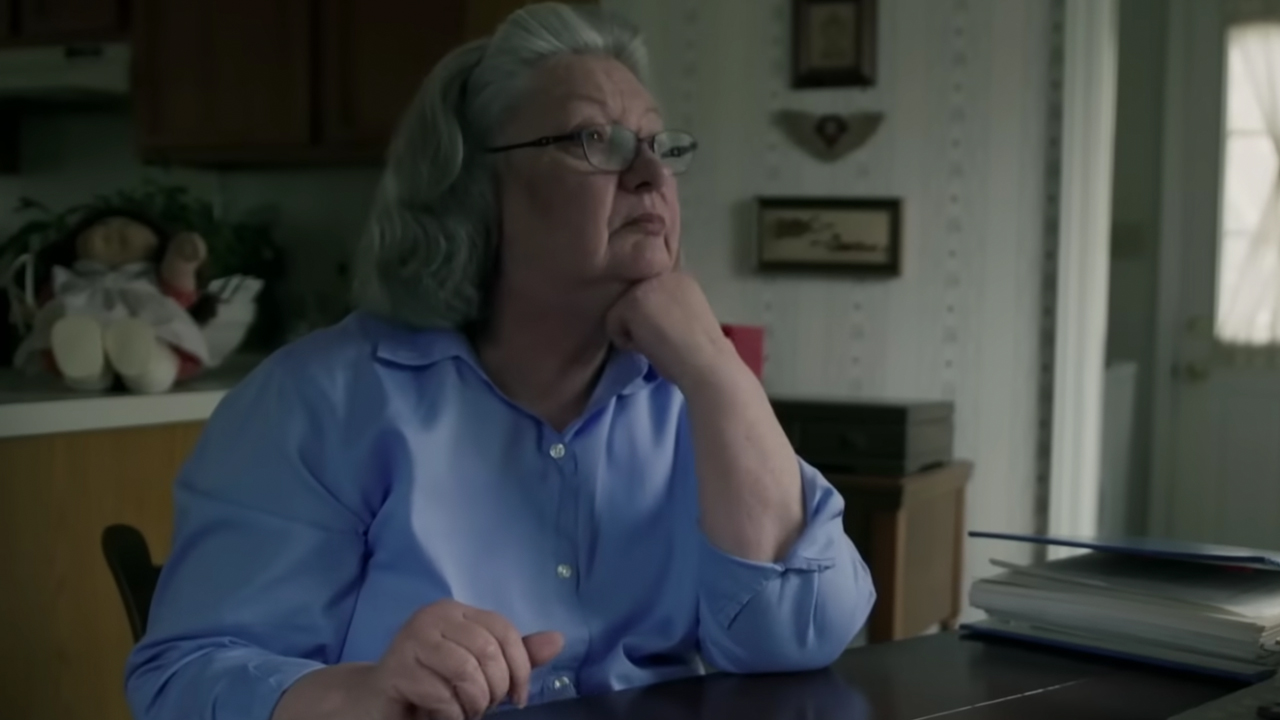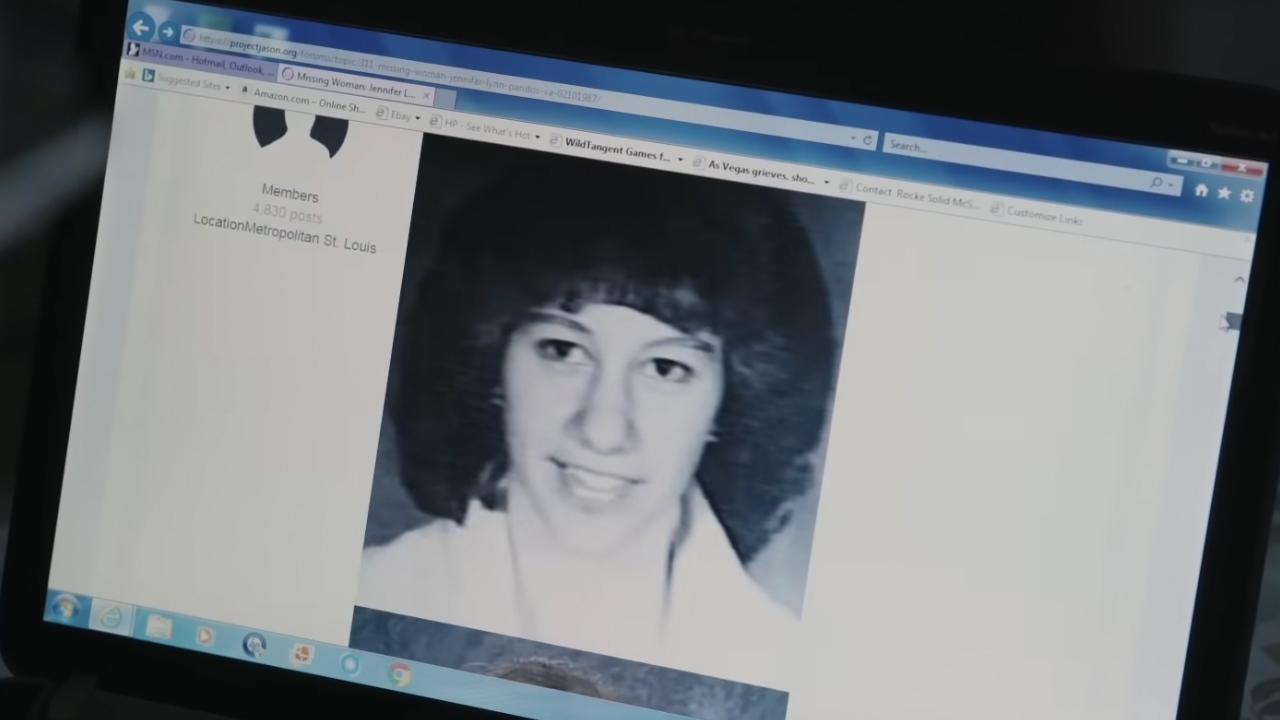The 2023 TV schedule is packed with some of the best true crime shows, and HBO is known for its exceptional documentaries. Among them is Burden of Proof, a standout docuseries directed by Cynthia Hill. This four-part true-crime documentary goes beyond conventional narratives as it follows Stephen Pandos’ tireless search for answers about his sister Jennifer’s disappearance from their Williamsburg, Virginia, home in 1987. Stephen believes his father, Ronald Pandos, holds crucial information, while his mother, Margie, may be involved in a cover-up.
Burden of Proof quickly establishes itself as an extraordinary story. Filmed over seven years in real-time, director Cynthia Hill, renowned for her heartfelt documentary What Happened, Brittany Murphy?, takes viewers on an emotionally-charged journey filled with captivating twists and turns. While centered around the central mystery, the series explores the profound impact on the Pandos family and their unwavering pursuit of truth. Thematically, Burden of Proof resonates more with quiet mystery thrillers like Denis Villeneuve’s Prisoners than HBO’s previous shocking true crime documentary The Jinx.
Although a gripping and tragic viewing experience, lingering questions persist after binge-watching the series. Let’s talk them out.

How Easy Is it For Investigators To Misplace Evidence?
The series highlights the significant impact of misplaced or mishandled evidence, which can derail the search for truth and lead investigators astray. Years after Jennifer’s case went cold, investigators revisited it in the early 2000s, only to discover the case file had been missing since 1987. This is a devastating blow to an investigation that already had limited physical evidence.
Initially, the police and Stephen suspected Ron Pandos of being involved in its disappearance. However, in 2018, during the documentary series filming, the case file was unexpectedly rediscovered. It had been misplaced in an old evidence box, raising concerns about how such a crucial mistake could have occurred so easily.

So, Lie Detector Tests Are Even More Unreliable Than I Thought?
You can’t believe all the shocking moments you’ve seen on The Maury Show. Lie detector tests can make for entertaining television, but they are not great pieces of evidence. Stephen Pandos’ persistent efforts to prove his parents’ guilt were primarily based on their unusual behavior regarding their daughter’s disappearance and their failed polygraph tests, specifically concerning their knowledge of Jennifer’s fate. However, as Stephen’s lawyer Butch Barr points out in episode three, polygraph tests are deemed inadmissible because factors like confusion and stress can cause an individual’s blood pressure to rise, affecting the test results.
Considering Margie took the test two decades after her daughter went missing, it’s understandable that confusion and stress might have influenced her performance. Therefore, the lie detector test should not carry significant weight in Stephen’s investigation, as physiological changes can lead to false results. Even the original Criminal Profiler, who initially suspected the Pandos parents, changes his opinion about their involvement after new information surfaces.

How Did Margie Not Know About The Box Of Love Letters And Their Potential Importance?
One of the most baffling and frustrating behaviors, considering societal expectations when a loved one goes missing, is exhibited by Margie. On the morning of February 10, 1987, Ron and Margie Pandos woke up to a distressing discovery—their fifteen-year-old daughter had vanished overnight. They found a hastily written note in her bedroom, with jagged letters, stating that Jennifer had run away with an unknown older man and would return within a few days. The letter urged them not to involve the police and continue their daily routines. If it were a movie, we would expect a frantic mother, calls to family members, and search parties, but not Margie. She returned to work, stating that the note instructed her to do so, and she didn’t notify the police for three days.
Margie’s behavior is frequently pointed out as a reason to suspect her guilt, even by her own sisters, who no longer have much of a relationship with her. When Margie and her estranged husband moved from the home where their daughter went missing, they waited for more than two years before updating the police with their new address, despite the ongoing open investigation into their daughter’s disappearance. It would come as no surprise if many viewers of the series find themselves asking, “But why, Margie!?” I know I did.
Another frustrating revelation is the existence of a box filled with love letters exchanged between Jennifer and her boyfriend at the time, some dated the day before her disappearance. As the investigation shifts focus to Tony Tobler, thanks to a reexamination of the recently discovered case file, the police ask Margie for possible handwriting samples from Jennifer and her boyfriend. Fortunately, Margie has kept an entire shoebox filled with notes allegedly written by Jennifer and Tobler. These letters reveal a new glimpse into the long-missing girl’s secret life and shed light on what may have happened to her. I still can’t comprehend how Jennifer and Stephen’s mother could keep a box full of notes for over thirty years without realizing their potential importance to investigators. Why Margie? Why?

Why Did The Parents Wait So Long to Tell Their Family Their Daughter Was Missing?
According to Margie’s sister, it took a whole month before she disclosed the disappearance of her niece to her. On Ron’s side of the family, relatives revealed that they remained uninformed about the situation for several years. Interestingly, many of them had conflicting accounts, allegedly given to them by Ron, regarding his daughter’s whereabouts.
This raises the question: Why would innocent parents fail to inform their family about their missing daughter in case any contact was made? While the police eventually cleared Jennifer’s parents as suspects in her disappearance, their actions seemed suspicious for individuals who claimed innocence. To quote private investigator Donnie Norrell, “Some things just don’t make sense.”

Who is Tony Tobler?
If you’re a true crime enthusiast, you know real life is unlike horror movies, and it’s rarely a strange masked killer. The most common pattern is that the perpetrator is often someone known to the victim, and it is frequently the boyfriend.
In the HBO docuseries, Jennifer’s ex-boyfriend Tony Tobler becomes one of the suspects under investigation. In his interview for the documentary, Tobler, who was 17 when Jennifer went missing, denies any involvement. Jennifer’s parents, Margie and Ron Pandos reveal in the series that Jennifer had an abortion after Tobler got her pregnant six months before she disappeared in August 1986. Despite their troubled relationship and subsequent breakup, the letters make it clear the two maintained sporadic correspondence.
Although Tobler’s handwriting was compared to the note found on Jennifer’s bed, it neither ruled him out nor definitively linked him as the writer. The DNA test conducted on the note yielded inconclusive results. However, following a reexamination of the relocated case file, the documentary introduces Charlie May, a former friend of Tobler’s, who recently came forward to the police claiming that Tobler confessed in 1987 to murdering Jennifer and disposing of her body in a stolen barrel of acid from a construction site. It’s important to note that no arrests have been made, and there is currently no solid evidence supporting Tobler’s involvement or confirming May’s statement.
By October 1986, Tobler had reconciled with his now-wife Cori, whom he had dated before Jennifer. According to Jennifer’s friends interviewed in the series, her mental health deteriorated after her breakup with Tobler. A letter from Jennifer to Tony in October 1986 reveals instances of physical abuse and emotional distress in their relationship. However, during an interview with the filmmakers, Tony and Cori assert that he and Jennifer had already broken up the previous summer before her disappearance. Tobler also downplays the significance of his relationship with Jennifer, stating to the filmmakers:
How long do y’all think that her and I dated? ‘Cause it wasn’t long. It wasn’t like years or nothin’.

HBO’s Burden of Proof is easily one of the best Max original shows to stream right now. It offers a compelling exploration of the unsolved case of Jennifer Pandos’ disappearance and raises intriguing questions about Tony Tobler’s role in the events. With the absence of concrete evidence and conflicting testimonies, the truth remains elusive. The docuseries serves as a reminder of the complexities involved in uncovering the truth in cold cases and the enduring impact such cases have on the lives of those involved. As viewers, we are left grappling with the unanswered questions, eagerly seeking closure and justice for Jennifer Pandos, which, tragically, may never come.
All four episodes of the compelling docuseries can now be streamed with a Max (formerly HBO Max) subscription.
